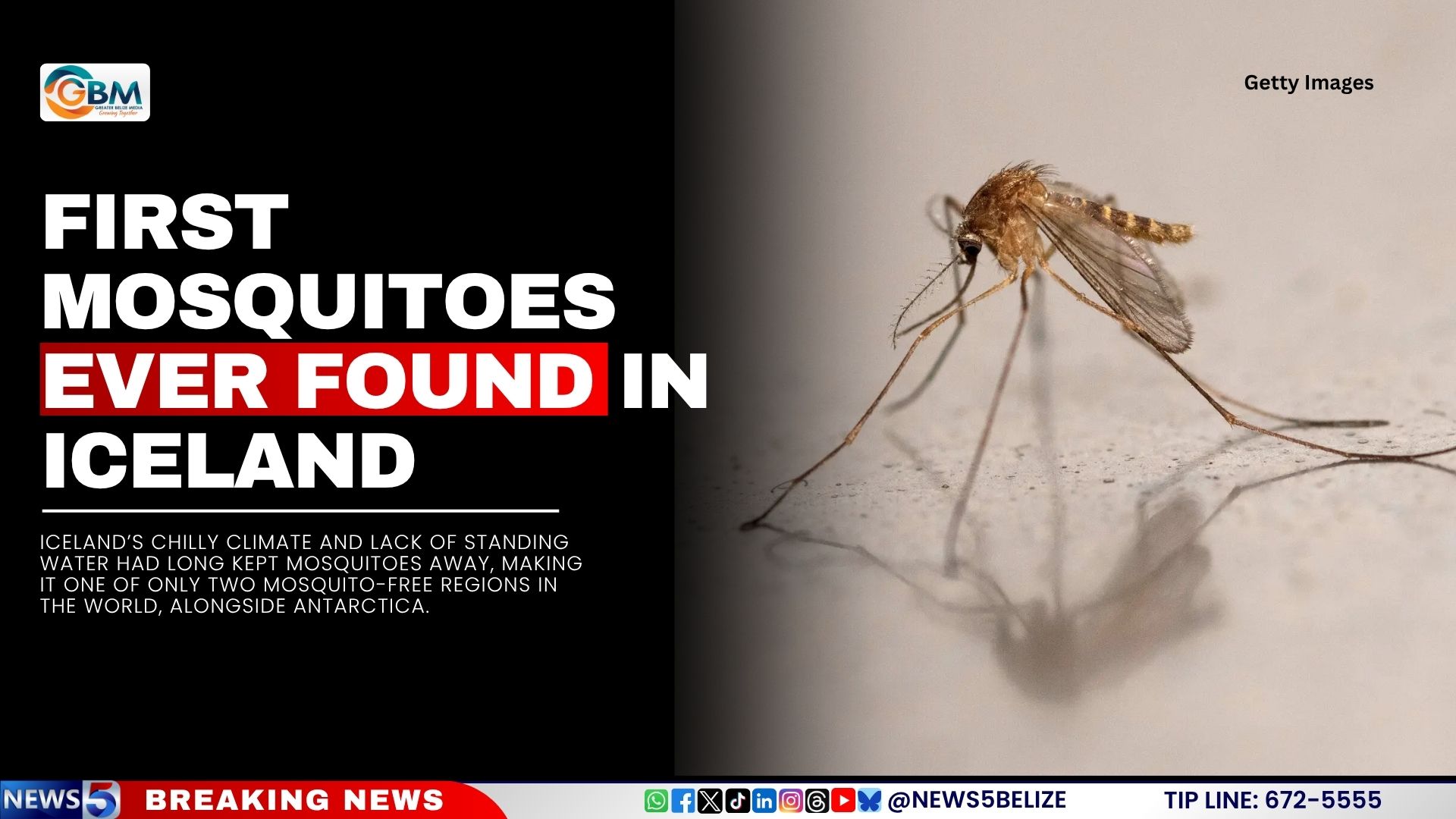Iceland, once celebrated as one of the world’s last mosquito-free regions, has officially lost this distinction. For the first time, mosquitoes have been discovered in the country, a development attributed to an unusually warm spring. The discovery was made by nature enthusiast Bjorn Hjaltason, who spotted the insects while observing moths in a glacial valley southwest of Reykjavik. Hjaltason immediately recognized the unfamiliar creatures and shared his findings on Facebook, prompting further investigation. Scientists later identified the insects as Culiseta annulata, a mosquito species commonly found in Europe and North Africa, known for its ability to endure cold winters. Historically, Iceland’s chilly climate and scarcity of standing water had made it inhospitable to mosquitoes, placing it alongside Antarctica as one of the only mosquito-free zones globally. However, this year’s record-breaking temperatures have disrupted this equilibrium. In May, Iceland experienced ten consecutive days with temperatures exceeding 20°C (68°F), culminating in a new national record high of 26.6°C (79.8°F). Experts warn that such extreme weather events, driven by climate change, are becoming more frequent, posing a significant threat to the fragile Arctic ecosystems. This discovery underscores the far-reaching impacts of global warming, even in regions once considered immune to such changes.
